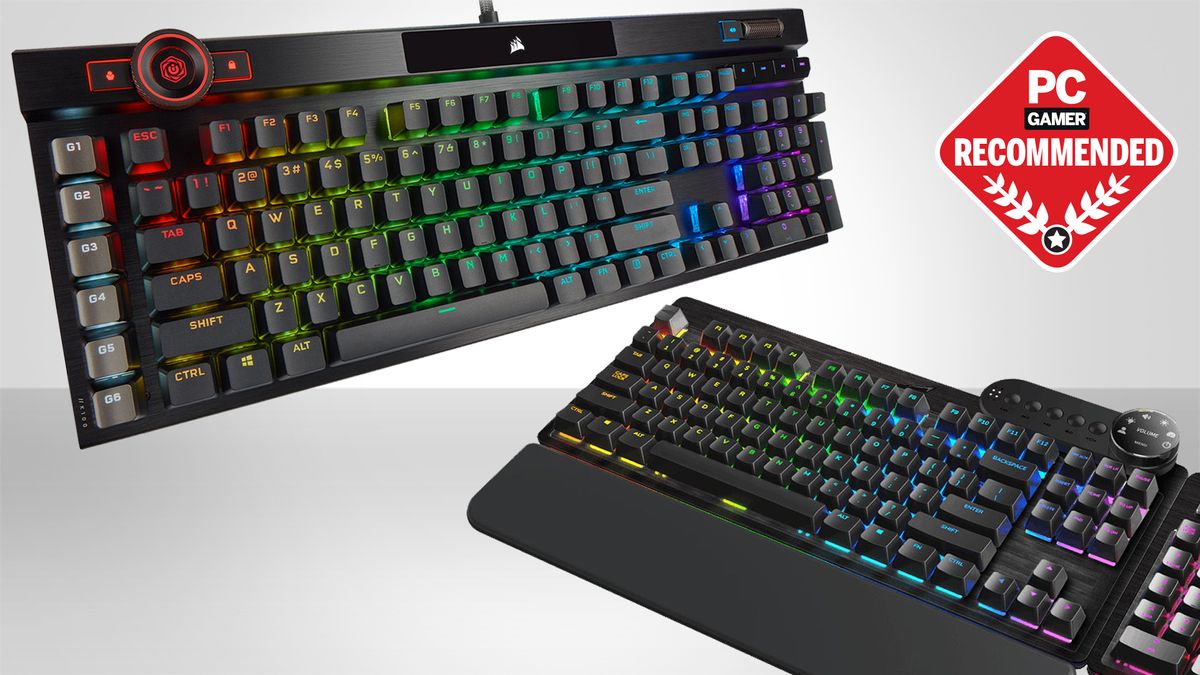
Mechanical keyboards have garnered a lot of attention in recent years. Known for their tactile feedback and durability, these keyboards offer a more satisfying typing experience compared to their membrane counterparts. But what exactly makes mechanical keyboards stand out from the rest?
What Are Mechanical Keyboards?

Mechanical keyboards use individual mechanical switches for each key instead of a rubber dome underneath a membrane. These switches are often made by specialized manufacturers such as Cherry, Gateron, and Kailh, and come in a variety of colors and flavors. Each switch offers a different type of tactile feedback and sound, allowing users to choose one that suits their preference.
The Benefits of Using Mechanical Keyboards

Mechanical keyboards are known for their durability and longevity. The switches are rated for tens of millions of keystrokes, meaning they can last much longer than traditional membrane keyboards. They also offer better typing accuracy and speed due to the tactile feedback provided by the switch. Users can feel when a key has been registered, reducing the likelihood of erroneous keystrokes. Moreover, the satisfying sound of each keystroke can provide a sense of enjoyment and add to the overall typing experience.
Types of Mechanical Switches

There are several types of mechanical switches, each with its own unique feel and sound. The three most common types are:
- Linear switches - these switches offer a smooth keystroke with no tactile feedback or clicking sound.
- Tactile switches - these switches provide a tactile bump when a key is actuated, but do not produce a clicking sound.
- Clicky switches - these switches provide both tactile feedback and an audible click sound when a key is actuated.
The Downsides of Using Mechanical Keyboards

While mechanical keyboards offer many benefits, they do have some downsides. They are often more expensive than traditional membrane keyboards, with some high-end models costing hundreds of dollars. They can also be noisy, especially clicky switches that produce a loud clicking sound. Some people may find it disruptive in a shared space or office. Additionally, mechanical keyboards are often heavier and thicker than traditional keyboards, making them less portable and harder to transport.
Conclusion
Mechanical keyboards offer a unique typing experience that cannot be replicated by traditional membrane keyboards. They offer better durability, accuracy, and speed, making them a popular choice among professionals and enthusiasts alike. While they do have some downsides, the benefits often outweigh the cost, especially for those who spend a lot of time typing on a computer.
